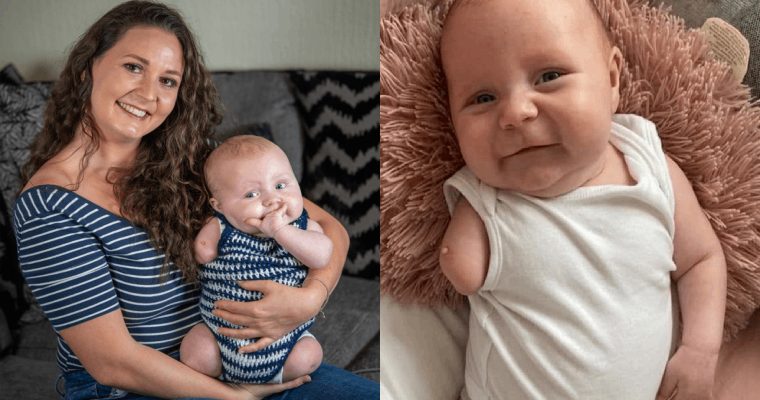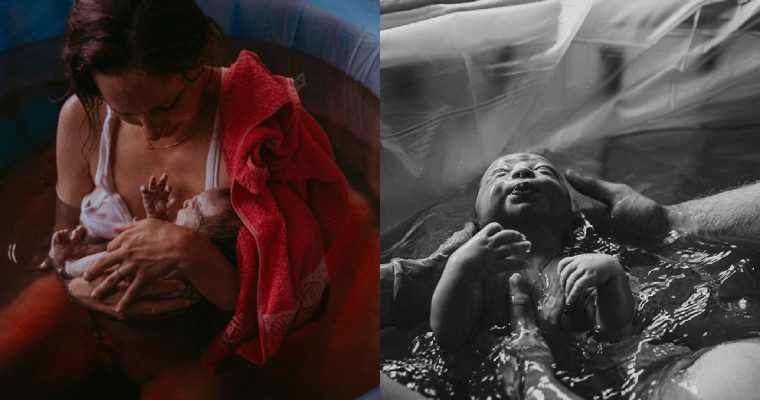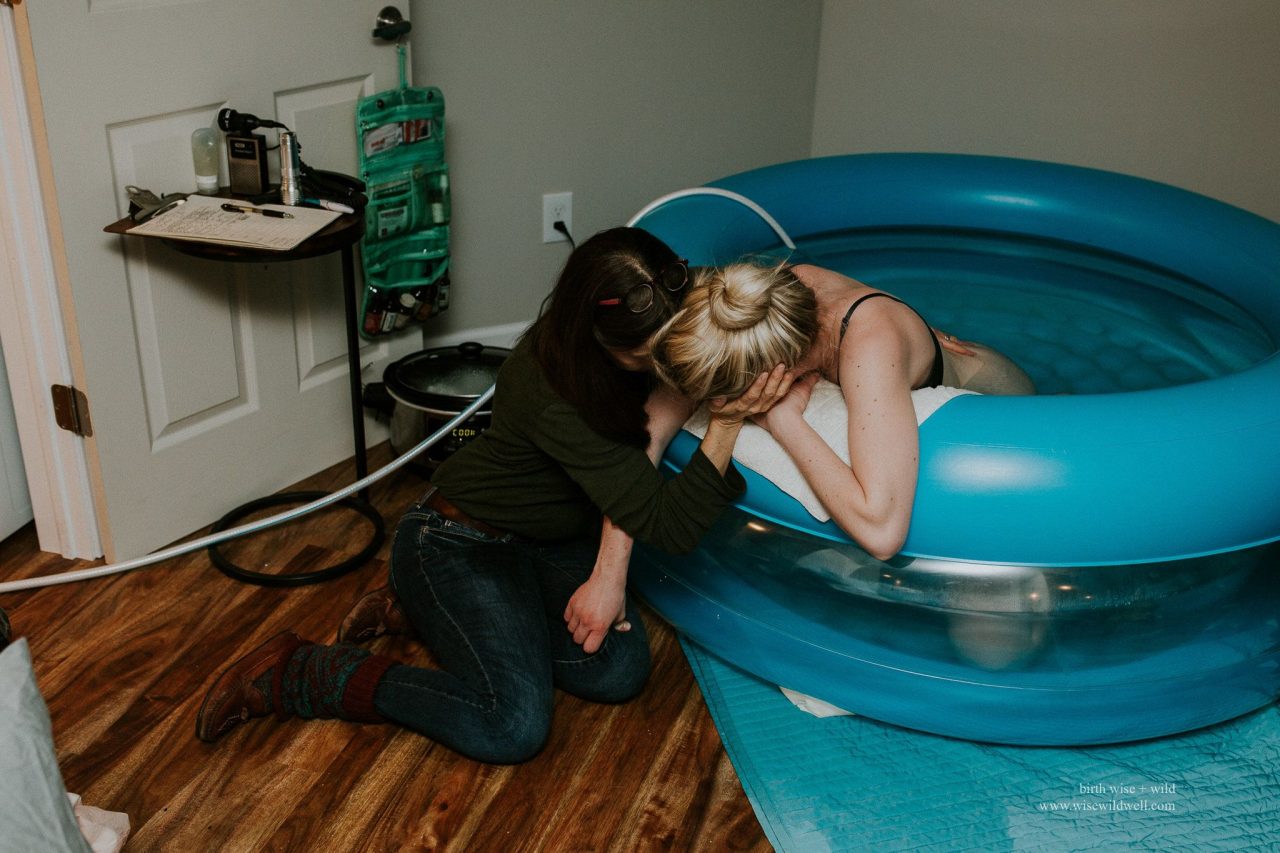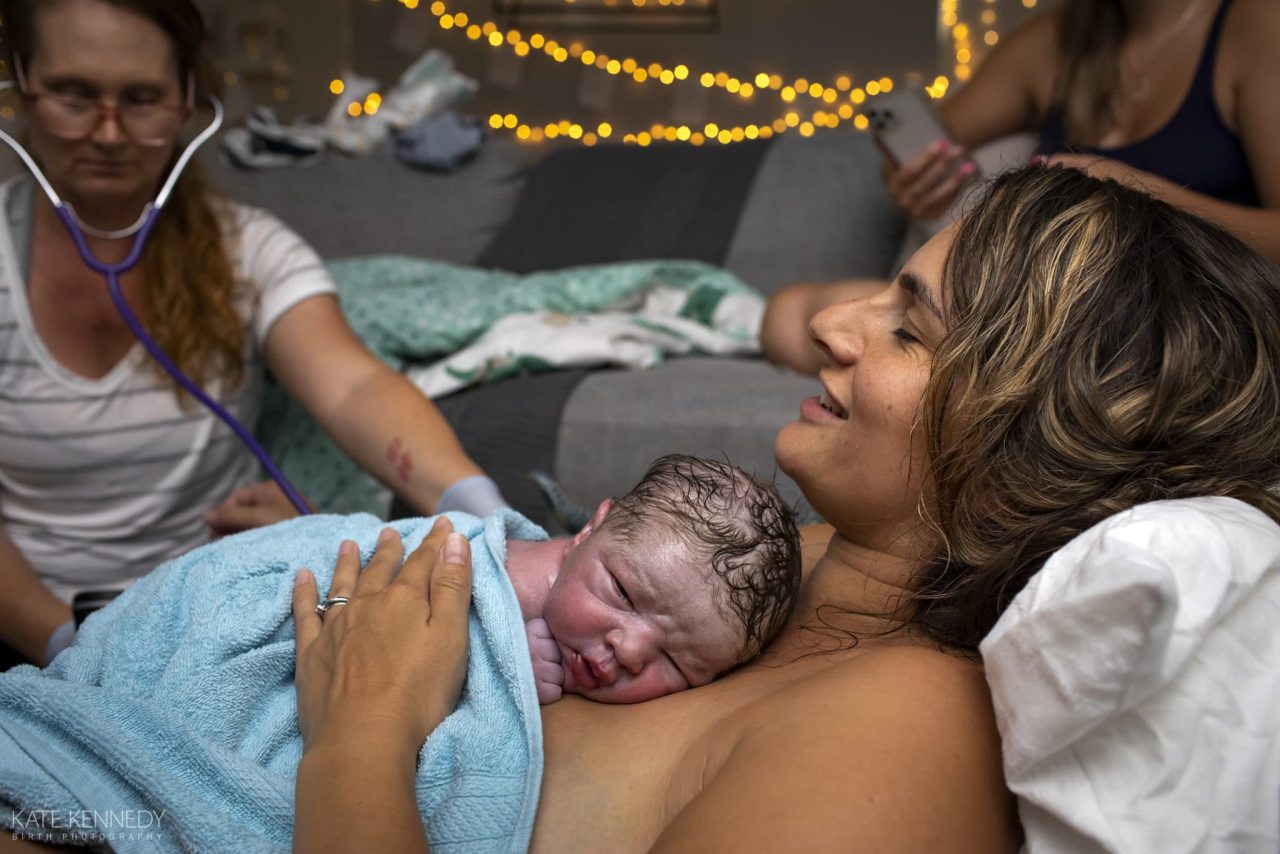You can use your wildest imagination but it’s almost impossible to get a clear picture of what life was like in the first home we all have. Sometimes, you can’t help but wonder what the baby is doing in there. How are they spending their time, what if they get bored? What do they see and hear? Do they dream, laugh, cry? Does your baby know when you talk to them? Lots of questions.

As an expectant mother, you’ve been worried about your baby’s comfort in the Wᴏᴍʙ and whether they’ll be okay. Well, studies over the years have been able to give us an almost accurate picture of how a baby survives in the Wᴏᴍʙ. What’s surprising is that they go through so many things. Here are some of the experiences your baby has while in ᴜᴛᴇʀᴏ:
Sleeping – Almost All the Time

Sure, this sounds like a bit of an anti-climax, but it’s the truth. They slept most of the time they were in it. They rarely wake up and when they do, they have to stay awake a bit to process what’s going on, relax a bit, and move around before getting tired of all the physical activity and falling asleep. sleep again. On average, a baby at about 32 weeks old will sleep 90 to 95 percent of the time while in the womb. When your child is kicking you, they may do so while asleep rather than awake and communicating with you. You’ve always wondered how babies sleep all day – now you know they’ve trained a lot.
Exploring Their Home

There is no other way to put this, your baby is extremely new. And everything is very new to them. During the short amount of time they are awake, they begin to move around and understand that they can somehow move in coordination if they move everything at once. They begin to appreciate the space they are in and take up in the environment of the uterus. They try to embrace things and capture them in order to engage and interact with the Wᴏᴍʙ that is their world right now. They may soon realize that if they Kɪᴄᴋ the wall of the uterus hard enough, they can experience the urge to jump.
They like to Sight-See

Your uterus may be a ᴄʟᴏsᴇd dark space that doesn’t offer much of a sight, but your unborn baby can appreciate this, too. Whenever a baby wakes up from a long and peaceful nap, it opens its eyes and looks around. Eye opening is not an early pregnancy phenomenon, even if hearing is not yet developed. Babies have fully developed eyes around the fourth month of pregnancy but only begin to open by the seventh month. They may not get a clear HD view of whatever is happening and everything is still very new and very very strange. They can look at the limbs, the umbilical cord, and the inner wall of the uterus. It’s all pretty dim but the light gets into the Wᴏᴍʙ and they appreciate it, looking through the ᴀᴍɴɪᴏᴛɪᴄ ꜰʟᴜɪᴅ.
Listening to the Outside World

Newborns begin to perceive sounds in different capacities relatively early. Around 27 weeks of age, they can sense sound vibrations in the uterus and begin to respond somewhat to stimuli. Fast-forward a few weeks and they can begin to appreciate sounds from outside the uterine wall. Your baby becomes familiar with your heartBᴇᴀᴛ and they begin to recognize the sounds of you and your partner if you constantly talk near the Wᴏᴍʙ. Meanwhile, they will also begin to recognize music and other sounds coming from their surroundings. Play music, read stories to them, and get used to your voice so they feel comfortable outside.
They Do Typical Outside Baby Things

Millennial genetic memory blesses us early on with various life sᴋɪʟʟs that prepare us for life outside the comforts of the Wᴏᴍʙ. A great example of this is what you notice when you observe babies and what they do in the Wᴏᴍʙ. Everything they do is instinctive as there is no manual or anyone to teach them what to do. Pure instinct helps your child prepare for what’s to come. They can be seen sticking their little thumbs in their mouths. The thumb sucking reflex hasn’t been developed yet so it’s just a baby doing soᴍᴇᴛʜing very natural with no real motive. They begin to use their small hands to grasp the things around them. They’re getting bigger and bigger in there, so they tend to struggle to find positions that are comfortable for them.
They Laugh and Cry

We don’t know what is making them happy or sad yet but science has for sure discovered that babies can express emotions way before they meet the outside world. They appear to be scratching their face to make a very sad face sometimes and at other times they look like they’re laughing and all of this can be visualized by doctors. Our wildest guess is that they are just practising emotions because that is part of survival instincts and important when the baby gets out. Sometimes, you can feel your baby having hiccups inside your Wᴏᴍʙ. You might experience little jolts but it doesn’t necessarily feel like they are Kɪᴄᴋing you. It is quite a strange sensation but there is nothing to worry about as it is completely normal for your baby to experience hiccups even days when they are in your Wᴏᴍʙ.
They Taste What You Eat

ᴀᴍɴɪᴏᴛɪᴄ ꜰʟᴜɪᴅ provides them with all the nutrients they need to grow and develop, so ideally you’d wonder what happens when they sample what you’re eating. Babies are developing their taste buds, and amniotic fluid has a pretty strong taste (or studies show). Around the third trimester, your baby’s sense of smell is developed and he will be able to perceive the flavors he tastes as bitter, sour, sweet, etc. They do not contribute to the nutritional value of your baby’s diet. Research has shown that babies have food preferences while in the womb. Their body language and facial expressions convey whether they are enjoying what they are tasting. This affects their preferences for foods later in life.
Newborns are fascinating little creatures who do the little things that delight us immensely. It could be because we are sure we have done all the same things but there is no way to know. What you can do to enhance your baby’s experience in the womb is to connect with them in as many ways as possible. Talk to them, sing to them and let them feel comfortable from the sound of your voice.
Source: news.motheringdiary.com








